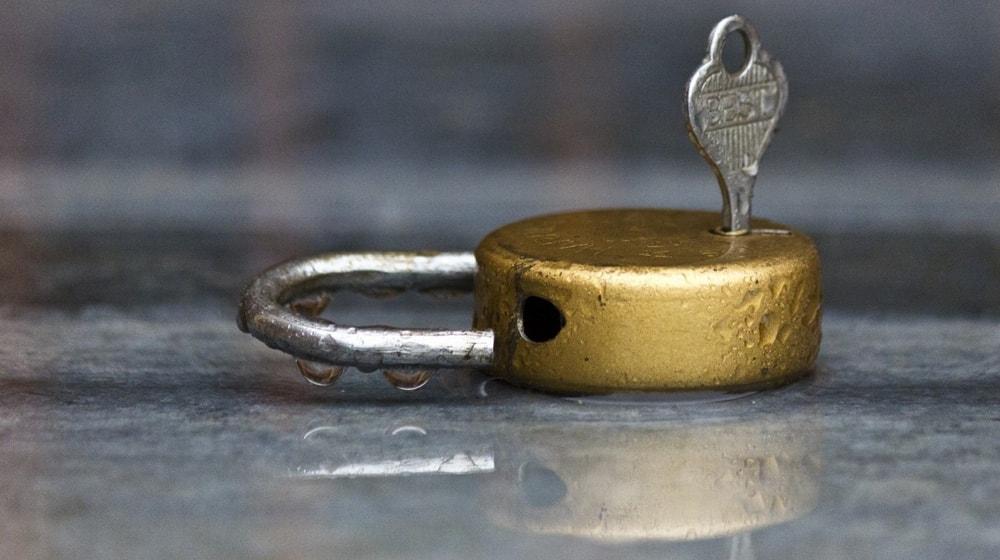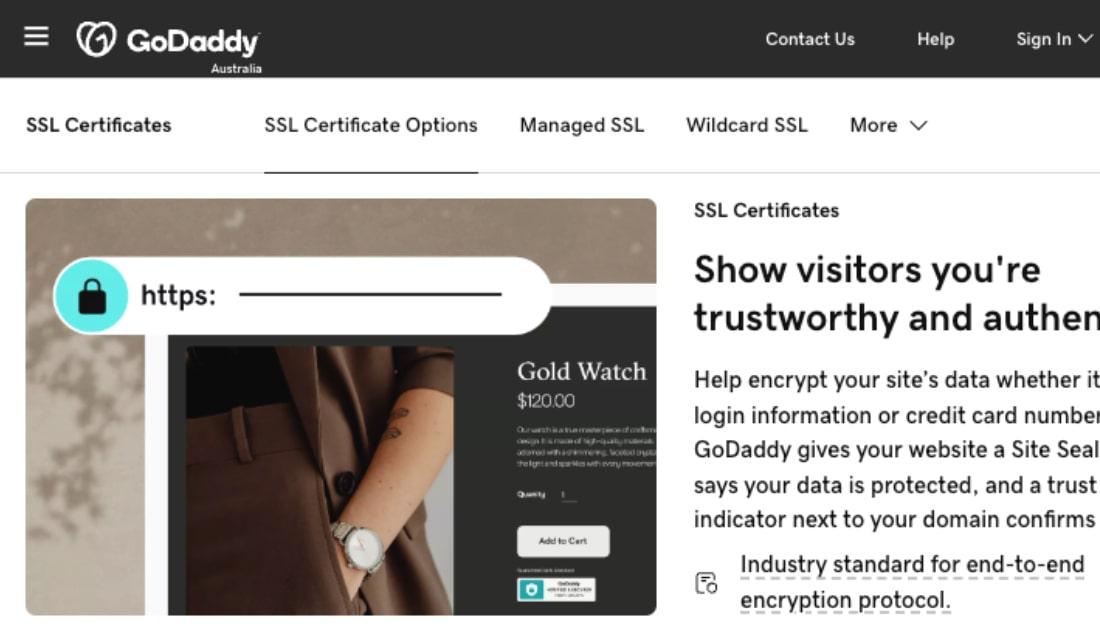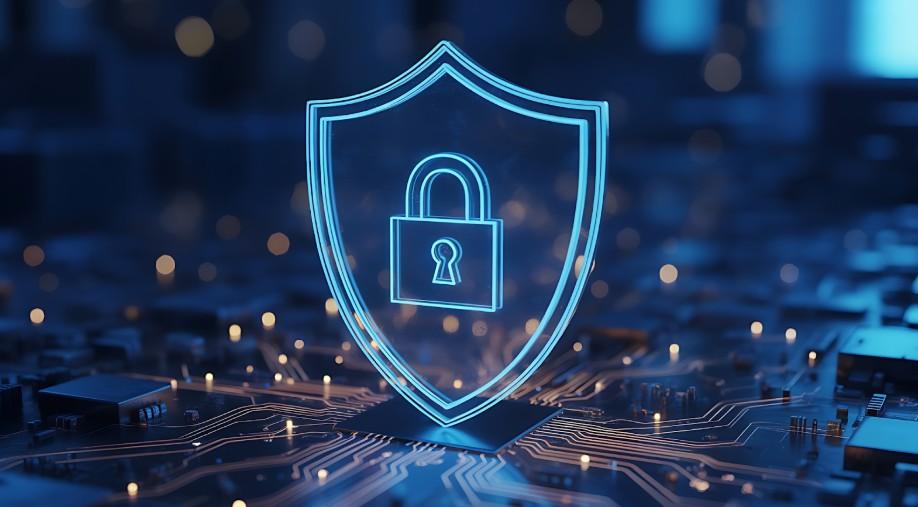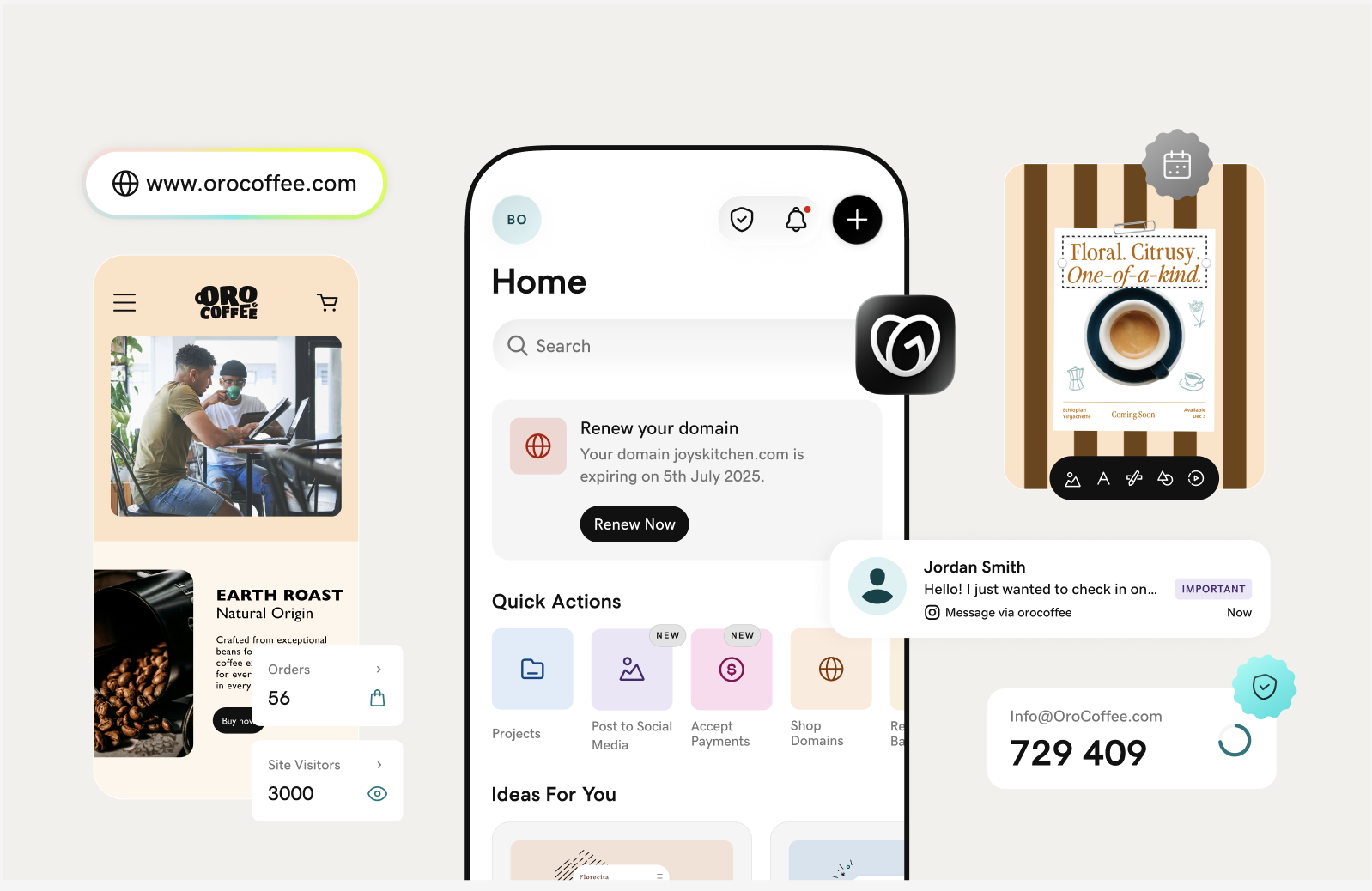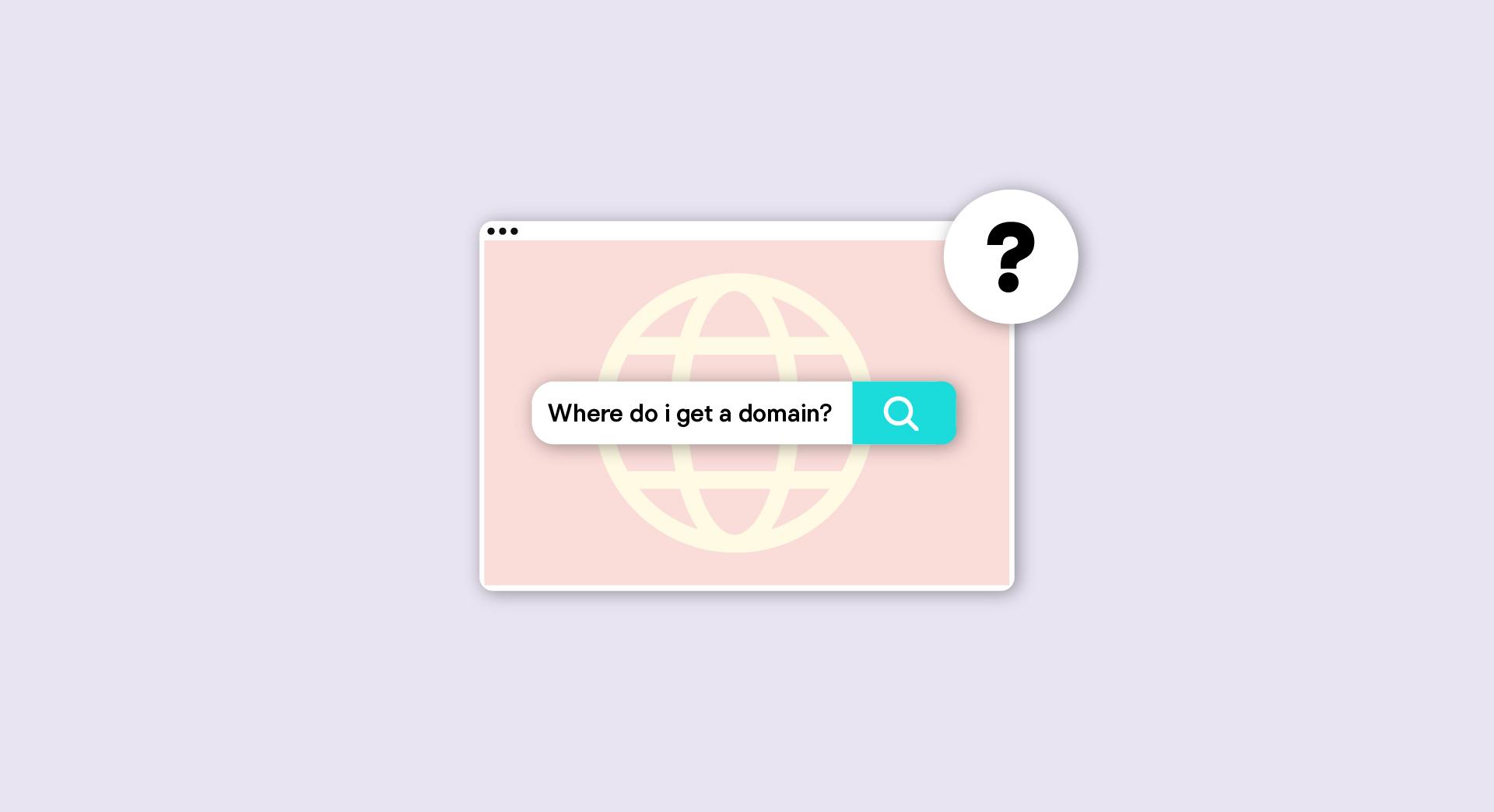Selling stuff online is hard –– especially as a small business. Not only do you have to deal with many of the same pains as brick-and-mortar shops (like marketing and inventory management), but you're also working against part of human nature: we're less likely to trust strangers. And if you're a small internet business without much brand recognition, that's basically who you are to potential customers who land on your site. A stranger.
And not wanting to hand over sensitive information to a stranger is a sensible position for the visitor.
Online fraud has continued to grow year-over-year, with new tricks being constantly developed to steal information online. It's something consumers are increasingly wary of, as many having been burned by being too trusting. And, if you do business internationally, you might take for granted how easy it is for banks to right someone else's wrong. Outside of the U.S., getting your money back isn't necessarily as easy. In the UK, for instance, according to Money Advice Service:
If the bank has reasonable grounds to think you have been grossly negligent with the security of your account or tried to commit fraud , it can delay refunding while it investigates.
If customers know they can be greatly inconvenienced by doing something as simple as making a purchase online, they're more fearful of everyone they can't put faith in.
Building trust
One of the easiest ways in the world to establish trust is to have someone with more credibility vouch for you. We see this kind of thing happen all the time with references for job interviews or being introduced to friends of friends. It makes sense: if I trust you, and you trust Joe, then Joe is probably all right.
But how do you tie that back to succeeding as a small business making its way online? Easily: by getting bigger, trusted companies to tell visitors to your site, "We've checked this place out –– it's safe for you here."
Realizing that vouching for customers could really help them succeed online, GoDaddy wanted to create a partnership to help their customers. So they thought about who they themselves associated most strongly with trust and security on the internet. The choice was straightforward: McAfee has been one of the longest-running computer security companies in the world.
GoDaddy brings McAfee SECURE to you
Now, GoDaddy customers who purchase an SSL certificate can add McAfee SECURE to their websites, which will prominently display a badge on every page letting visitors know that McAfee themselves have verified the site and visitors can safely shop.
Here's a snapshot of what the McAfee badge displays to your visitors:

If they click the badge, they get more detail about what McAfee's done, building even greater trust in you and your site.
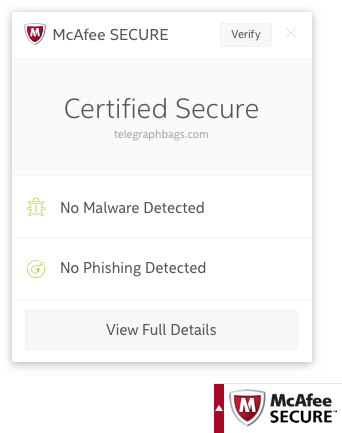
You can see here that McAfee SECURE also includes an integrated feature that checks your site for malware. This is a huge boon because, even though you might be well intentioned, it's still possible for a hacker to take over portions of your site and harm your visitors. So, having a malware scan not only protects your customers from unpleasant surprises, but also protects your brand from being tarnished by something beyond your control or get blacklisted by Google.
If you’ve already purchased an SSL from GoDaddy, here are simple instructions for turning on the McAfee SECURE Seal.
The bottom line
And while it feels good to believe you're providing a safer browsing experience for people on your site, a trustmark like McAfee SECURE also serves your bottom line by increasing conversions (that is: people who come to your site and actually make a purchase). According to Nuvonium, retailers noticed a 10-percent increase in conversions after displaying the McAfee SECURE badge.
So, if you're already on board for getting a GoDaddy SSL on your website (and you should be), add icing to the cake and earn some easy trust through McAfee SECURE.
